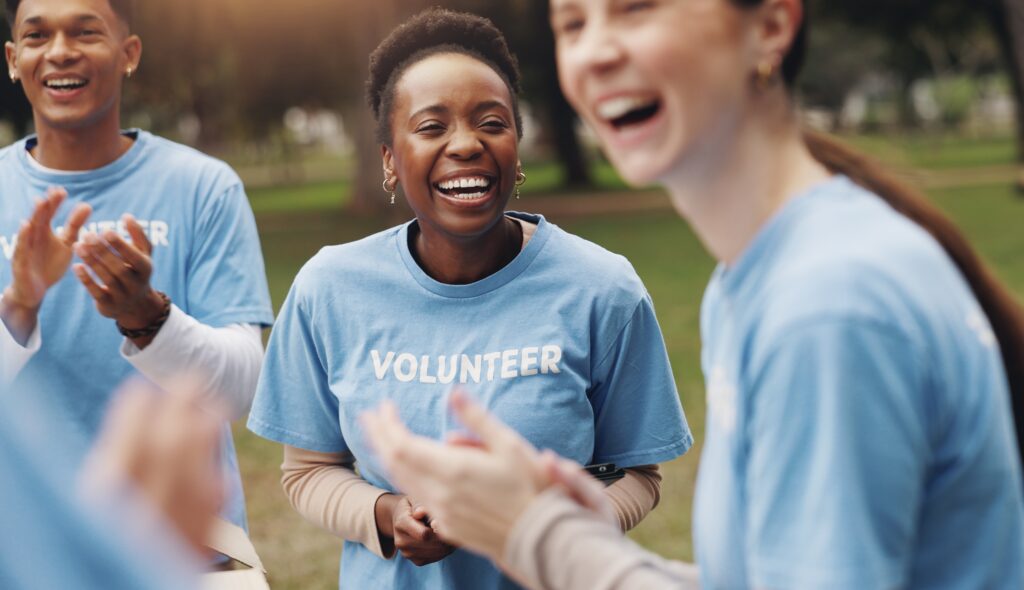Leaving treatment is a big step, but it often brings new challenges that can feel overwhelming and put sobriety at risk. Building a strong support network is one of the best ways to navigate this stage. Recovery communities offer connection, encouragement, and practical tools to help you create a healthier, more fulfilling life. Keep reading to learn how social support can make all the difference in sustaining long-term sobriety.
Long-term recovery is possible. Take the first step by calling La Fuente at 323.464.2947.
The Role of Social Support in Long-Term Recovery
Research consistently shows that social support is an essential part of long-term recovery from alcohol and drug use.
People with supportive relationships tend to experience lower levels of depression and anxiety, reduced stress, and a higher quality of life, including greater stability in their work, housing, and personal relationships.
The benefits of social support go even deeper than that. Friends, family, and peers can offer helpful advice on managing cravings, reducing stress, and building routines to support sobriety.
They can also help identify triggers, like certain environments or emotions, and brainstorm ways to navigate or overcome them.
Perhaps most importantly, they’re there to celebrate victories, big and small. Marking milestones like “soberversaries” or personal achievements can be a powerful reminder of how far you’ve come and keep you motivated.
How Community Supports Recovery
For many, finding support in others can transform recovery from an isolating experience into one built on shared strength and hope. Here are some of the key ways being part of a recovery community can help maintain long-term sobriety:
- Build connections and avoid isolation: Isolation can be a major barrier to recovery, increasing the risk of relapse. Regular interactions with supportive people reduce loneliness and provide a sense of belonging and understanding. These connections help you stay motivated and supported when times are tough.
- Adopt healthier habits: Surrounding yourself with others in recovery can inspire you to embrace a healthier lifestyle. They might encourage you to start a new exercise routine, practice mindfulness, or develop better sleep habits. Likewise, they may also provide emotional support to help you manage challenges.
- Stay accountable: Peers help you stick to your recovery goals by encouraging you to attend meetings, maintain healthy habits, and stay consistent with your routines. They can also provide valuable feedback, noticing triggers or changes in behavior you might not recognize yourself, and offering guidance to help you stay on track.
- Learn how to socialize sober: Socializing without substances can feel new and challenging. Communities often host safe, substance-free events, making practicing this skill and building confidence easier.
- Get practical help: Recovery communities often assist with real-world needs, like finding a job, getting transportation, or accessing safe housing while you rebuild your life.
- Give back to others: As your recovery strengthens, you can help newcomers by sharing your experiences. Supporting others fosters a sense of purpose, builds self-esteem, and keeps the community strong.
How to Find Community Support
Building a supportive community is essential for maintaining long-term sobriety. While it may take time to find the right connections, the benefits of doing so are well worth the effort. Here are some ways to get started:
- Join recovery groups: Structured groups like Alcoholics Anonymous (AA), Narcotics Anonymous (NA), and Smart Recovery provide a framework for support and fellowship. In these groups, you can share your experiences, gain insights from others, and find a sponsor to provide personalized guidance and accountability.
- Explore online communities: Many AA and NA meetings are available online, providing the same structure and support as in-person meetings. Other virtual groups cater to specific recovery approaches or interests, offering flexibility and connection from home.
- Participate in treatment center events: Many rehab centers host events or programs open to anyone in recovery, not just alumni. These can include workshops, speaker sessions, or group activities that allow you to build your network after treatment.
- Engage in shared-interest groups: Look for fitness classes, art workshops, cooking classes, or volunteer organizations that align with your passions. Joining one of these groups allows you to develop new skills, have fun, and boost your confidence while building meaningful connections in a substance-free environment.
- Get involved in spirituality: For those who find solace in a higher power or a deeper sense of connection, spiritual groups can be a meaningful source of support. Many spiritual communities provide substance-free social gatherings, nurturing guidance, or support circles tailored to individuals in recovery.
How La Fuente Fosters Community
At La Fuente, building a strong sense of community is at the heart of our mission. Here’s how we create lasting connections and make a positive impact:
Active Alumni Program: Our Alumni Program keeps former clients engaged with the recovery community by connecting them with new clients and residents.
Supporting LGBTQ+ Organizations: La Fuente has raised over $100,000 for local LGBTQ+ organizations, demonstrating our commitment to inclusivity and the well-being of the broader community.
Volunteer Opportunities: Our staff and clients regularly volunteer with local organizations. This benefits the community and helps participants find purpose and connection through acts of service.
Community Outreach and Education: We work to reduce the stigma around addiction by educating the public and fostering compassion for people in recovery.
Weekly 12-Step Meeting: Since 2005, La Fuente has hosted an open, community-wide 12-Step meeting. This weekly event provides a safe space for people in recovery to connect, share, and support one another.
Join the La Fuente community today. Call us at 323.464.2947.




